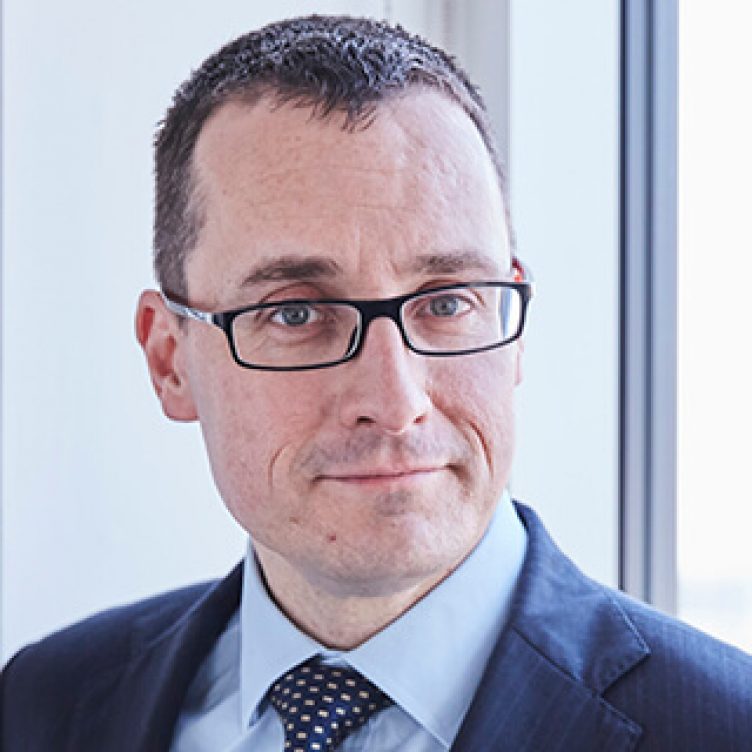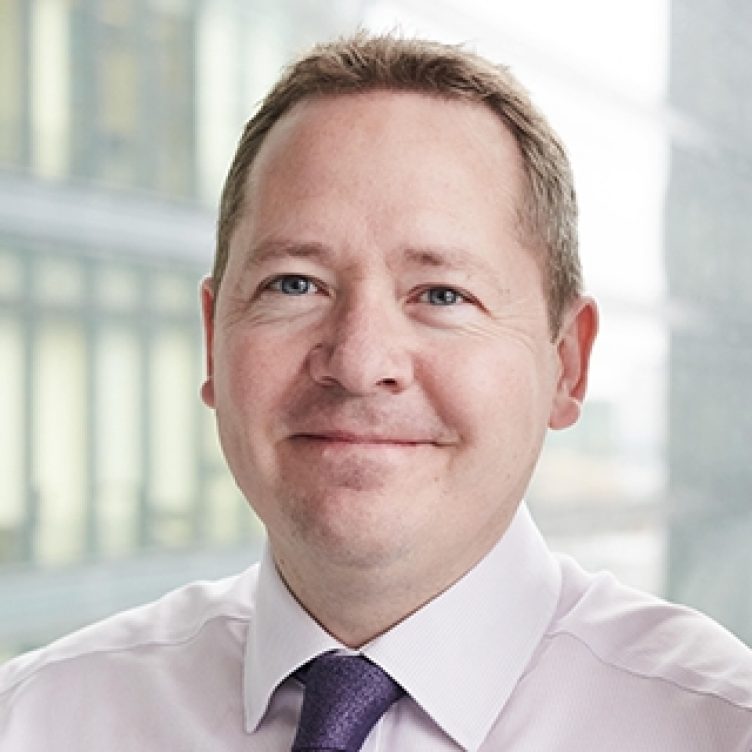Stewarts partners Scott Rigby and Ben Townsend attended the recent United Kingdom Acquired Brain Injury Forum (UKABIF) annual awards ceremony and conference at the Lowry in Manchester. In this article, Scott explains the work of UKABIF and highlights some key takeaway points from the event.
Over the two days, we were treated to a mix of powerful and inspiring talks from brain injury survivors and insightful and informative presentations from professionals who work in this area.
United Kingdom Acquired Brain Injury Forum
UKABIF is an important organisation in the brain injury world with some vital strategic links.
Its primary role is to raise awareness of acquired brain injury (ABI) in parliament and among policymakers. Its main objective is to ensure that people with ABI have early access to local, specialist neurorehabilitation and follow-up services in the community. UKABIF provides the secretariat for the All Parliamentary Group for Acquired Brain Injury and steered it to develop a report designed to drive change for brain injury survivors.
Resources made available by UKABIF include guidance for children and young people with an ABI to return to mainstream education, and assistance for those who have sustained a concussion including through playing sport. They have also published lists of solicitors, barristers and law firms (including Stewarts) that have proven expertise in cases involving severe acquired brain injuries.
UKABIF Awards 2024
This year’s awards highlighted many examples of innovative work being undertaken in the area of brain injury, as well as inspiring stories from brain injury survivors. The awards included:
- The Stephen McAleese Award for Inspiration, which was jointly awarded to Claudia Laird and Mike Howarth. Claudia was diagnosed with a brain tumour at the age of 24 and now works as a paediatric nurse at Royal Manchester Children’s Hospital. Mike Howarth sustained a brain injury and upper limb amputation following a motorcycle accident and is now a trustee for the STEPS Rehabilitation Foundation. STEPS provides support and funding for individuals recovering from complex trauma injuries and illnesses.
- The Mike Barnes Award for Innovation was awarded to Recallify. Recallify is an AI-powered memory support, training and productivity app designed by Dr Sarah Rudebeck and Dr Berkan Sesen, which can transcribe and summarise conversations. This intuitive app enhances communication and makes memory management simple for everyone. You can find out more about the app here.
The conference
There were a number of highly informative and thought-provoking presentations, including from:
- Natasa Pantelic, Labour Party activist and Chief of Staff. Natasa provided an overview of the current situation in relation to neurorehabilitation in the UK following the recent general election and the new government’s plans for change. She also offered helpful tips on how to engage with MPs to raise awareness of ABI.
- Dr Mike Dilley, Consultant Neuropsychiatrist at King’s College Hospital. Dr Dilley’s presentation highlighted functional symptoms after sustaining a head injury and the importance of diagnosing functional symptoms to ensure appropriate approaches to rehabilitation.
- Dr Virginia Newcombe, Consultant in Emergency Medicine and Intensive Care Medicine, Addenbrooke’s Hospital. Dr Newcombe discussed the prevalence of brain injury, noting that one in two people will present to their GP with a ‘mild’ brain injury during their lifetime. She also considered the much-needed reclassification for traumatic brain injuries, which is expected in the coming months. It will remove the currently used classification system, which categorises patients as having sustained “mild”, “moderate”, or “severe” TBI. This has been criticised as outdated, inaccurate and ineffective for patients and clinicians alike.
- Luke and Ellis Parry. The brothers founded Neumind, a company developing a next-generation app to help individuals with neurological conditions live independent lives. The app was inspired by Luke sustaining a traumatic brain injury in 2012. Luke and Ellis explained how digital technology can play a positive role in rehabilitation. Their app includes nudges, reminders and trackers, all tailored to meet individual needs. You can find out more about the work of Neumind here.
Chloe Hayward, Chief Executive of UKABIF, summed up the two days perfectly below when she said.
"We are delighted to have hosted another incredible summit bringing together such a fantastic line-up of expert speakers. As always, their knowledge and experience were inspiring to hear and learn from. As well as the programme of speakers, the summit is always a wonderful opportunity for delegates to make new connections, which can only help in our commitment to improving the lives of everyone with an acquired brain injury. Thank you to everyone who came along; together, we are making positive changes."
Chloe Hayward, Chief Executive of UKABIF
If you would like to join UKABIF and get involved with their work, you can find out more information on their website.



